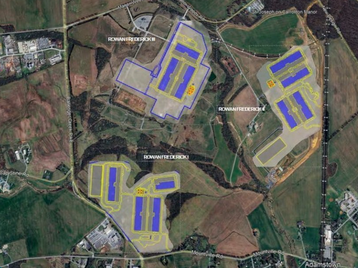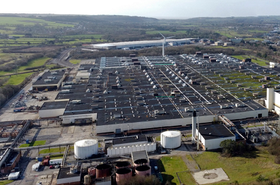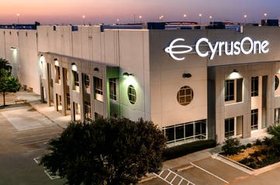The former head of global charging and energy policy at Tesla has joined Rowan Digital Infrastructure.
Patrick Bean has been appointed the director of energy strategy at the hyperscale data center developer.
Rowan was set up in 2021 by Quinbrook and Birch Infrastructure, and last month gained University Pension Plan Ontario as an investor.
"It’s an exciting time to work in the energy and data center space, and Rowan has been building a really talented and highly motivated team to accelerate infrastructure development," Bean said on LinkedIn.
"I am excited to be a part of the team and working with our utility and energy partners to deliver a large portfolio of sustainable data centers!"
Bean was part of a well-regarded policy team at Tesla that helped shape US policy on electric vehicle charging. However he, and the rest of the team, were laid off in May as part of broad and sudden cuts at the automaker.
CEO Elon Musk reportedly met with the head of Tesla's charging division that month to try to push back on cuts of 10-15 percent across the division. When told it would undermine charging-business fundamentals, he decided to lay off the entire 500-person team, Reuters reported. The policy team soon followed.
Bean departed Tesla after more than eight years at the company, and an additional year-and-a-half at SolarCity, which was acquired by Tesla in 2016. He also worked at Southern Company, American Clean Skies Foundation, and KAPSARC.
At Rowan, Bean will likely focus on the grid challenge faced by data centers. Rowan is developing a 300MW campus in Temple, Texas, and a four-building campus in Oregon. It is planning several large developments at Quantum Loophole’s data center park in Maryland.
Quantum Loophole was proposed as an alternative site to overcrowded Virginia, but faced initial challenges when its first client, Aligned, was denied permission to deploy more than 100 diesel generators.
Aligned pulled out of the project, until lobbying helped push Maryland's governor to change permitting for data center generators.







